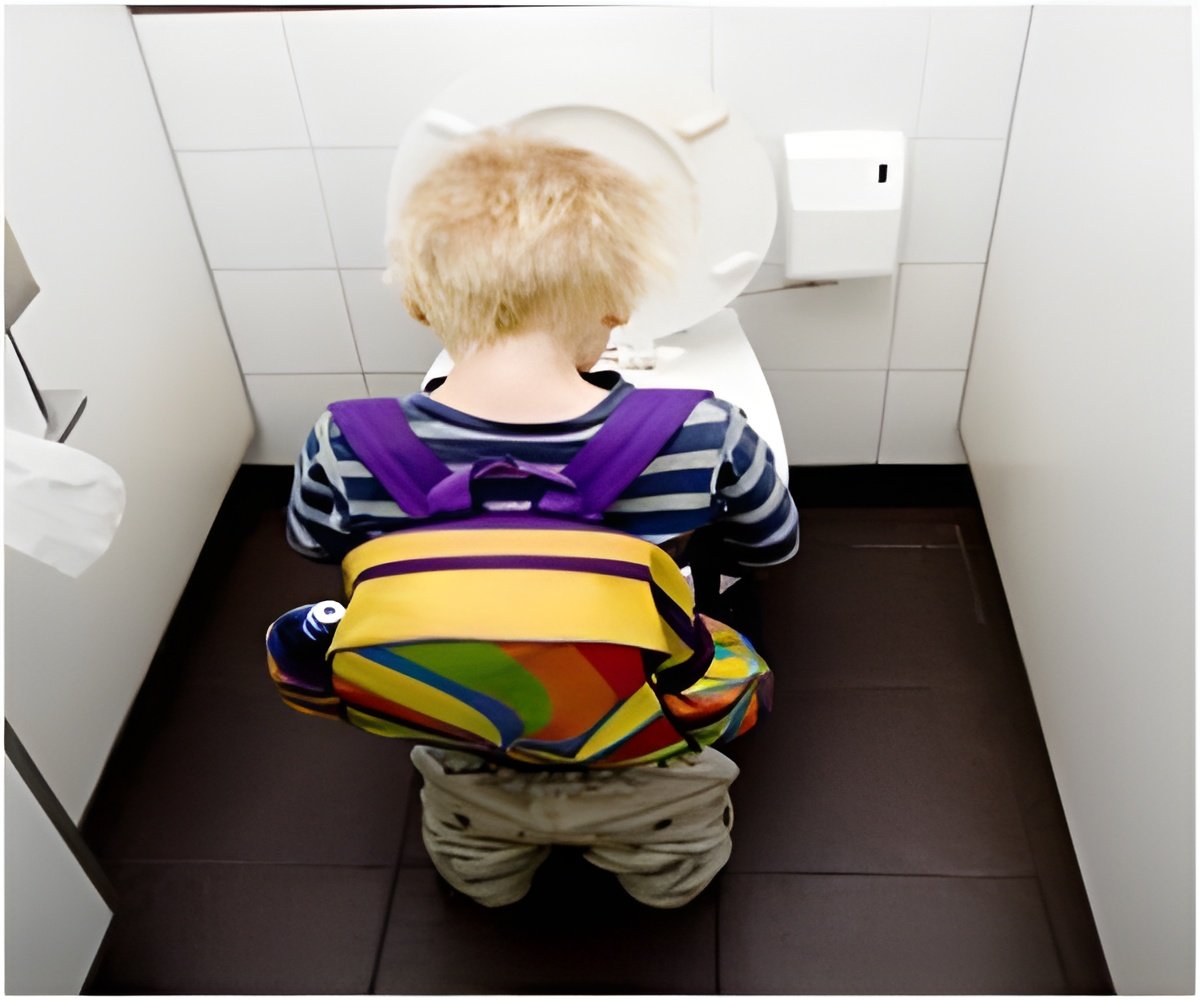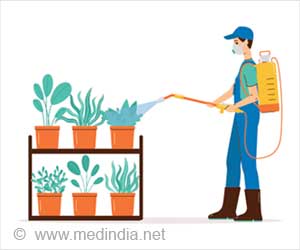
People across the country will be mobilized to check and verify the use of toilets in the rural areas through mobile phones, tablets or I-pads and upload the same in case of any discrepancy on the ministry's website in tune with online Citizen Monitoring.
Earlier, the monitoring was done only about the construction of toilets, but now the actual use of toilets will be ascertained on a sustained basis.
Moreover, in order to implement the Swachh Bharat Mission in a mission mode, the Ministry of Drinking Water and Sanitation is being strengthened.
Around two dozen additional staff including two Joint Secretaries, four Directors and their subordinate staff will soon be appointed for effective implementation and monitoring of Swachh Bharat goals.
An expert committee will also be set up to examine the innovative technologies for toilets and solid and liquid waste management.
Advertisement
Source-ANI







